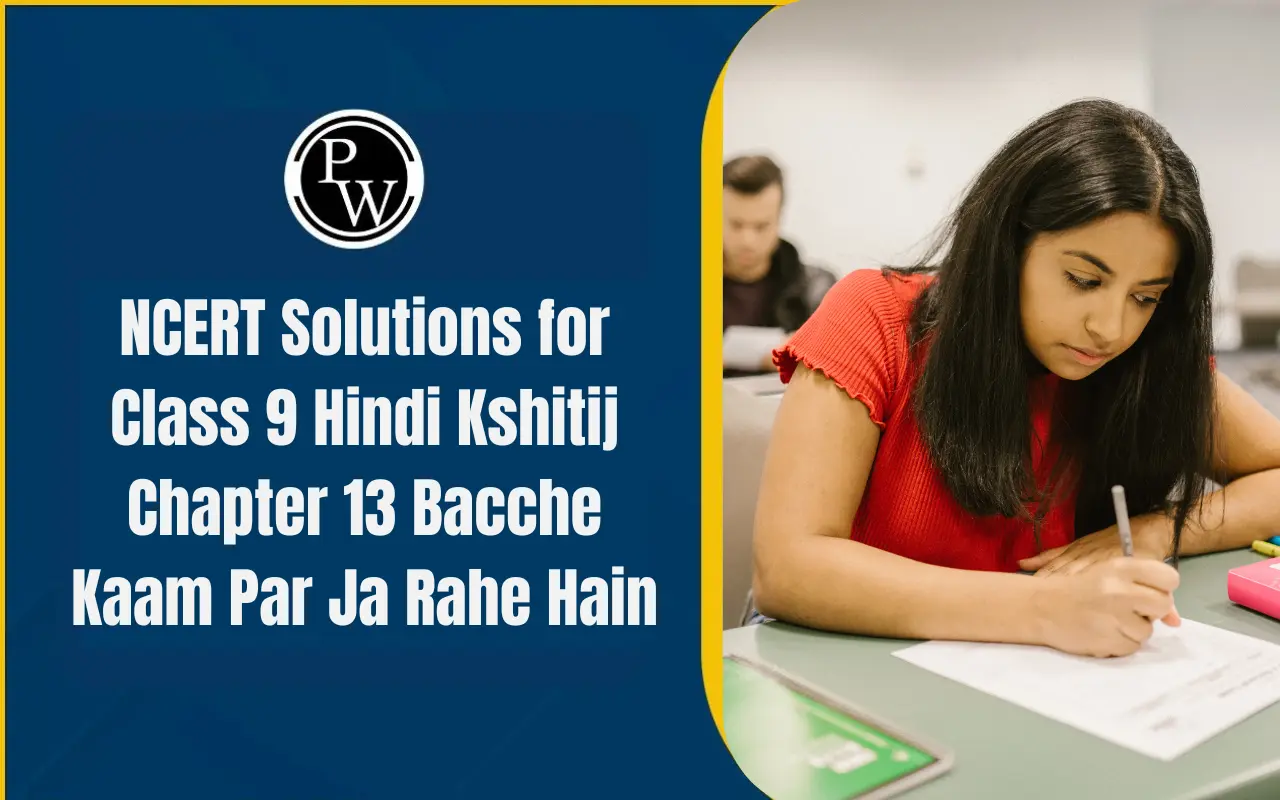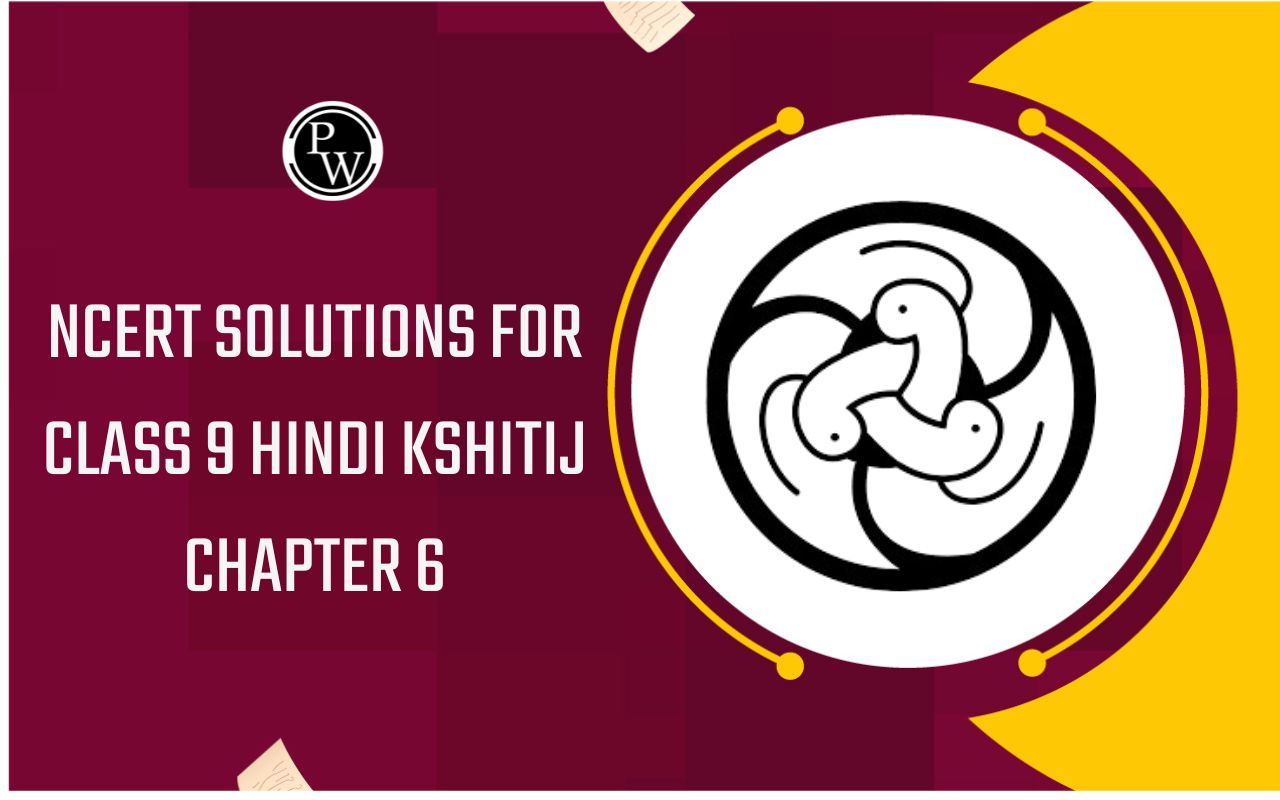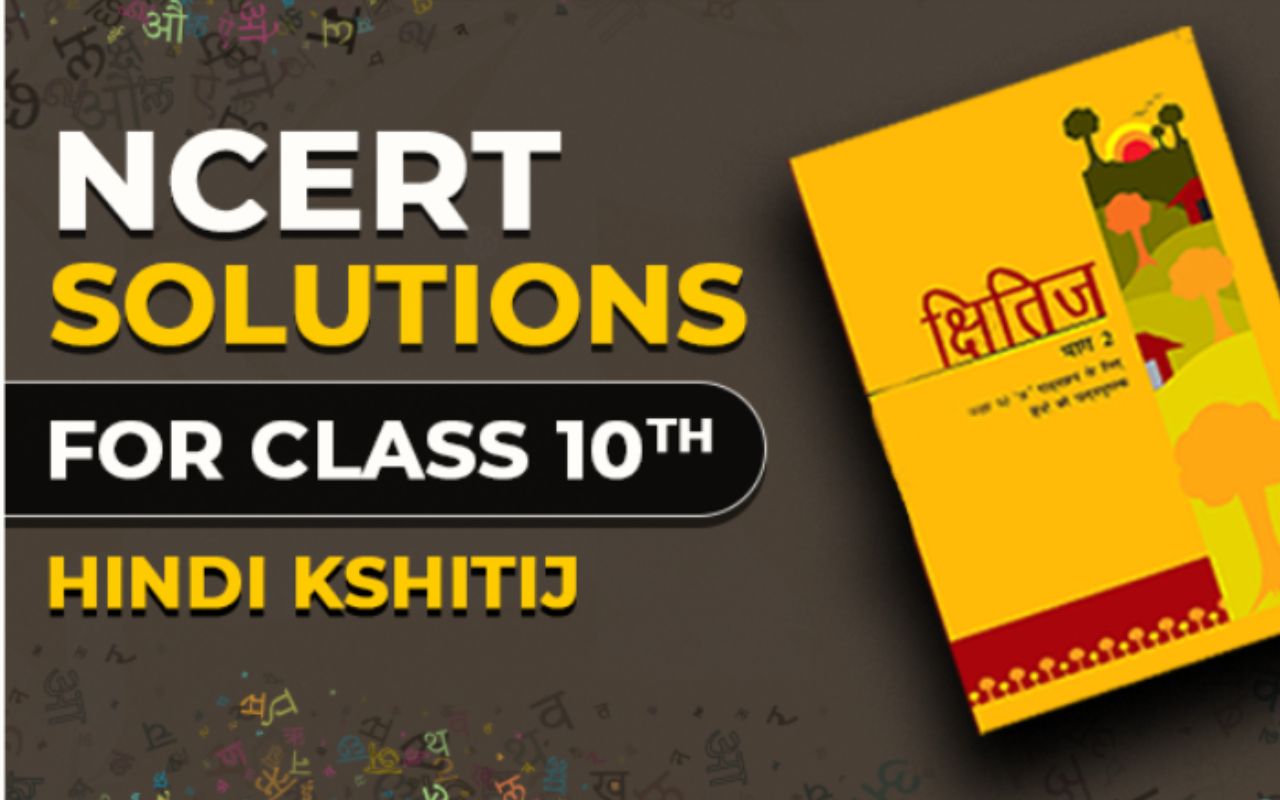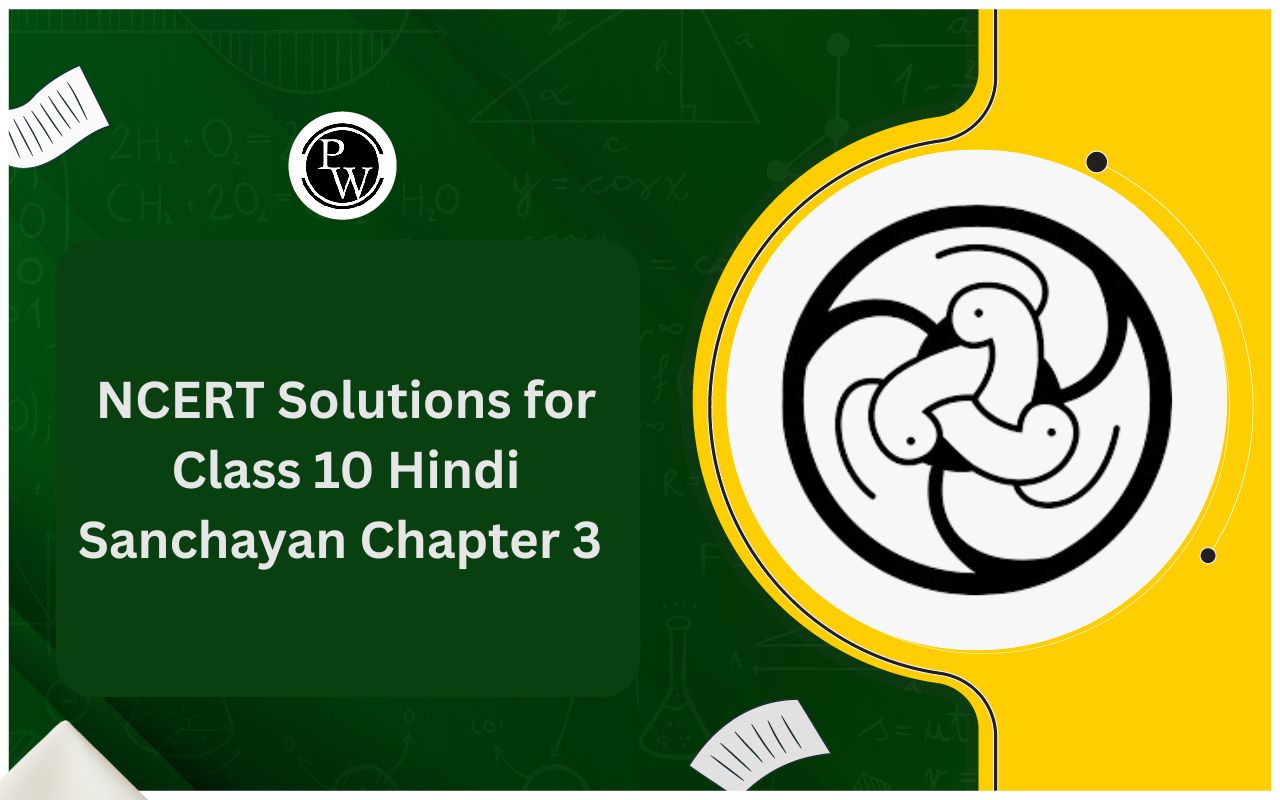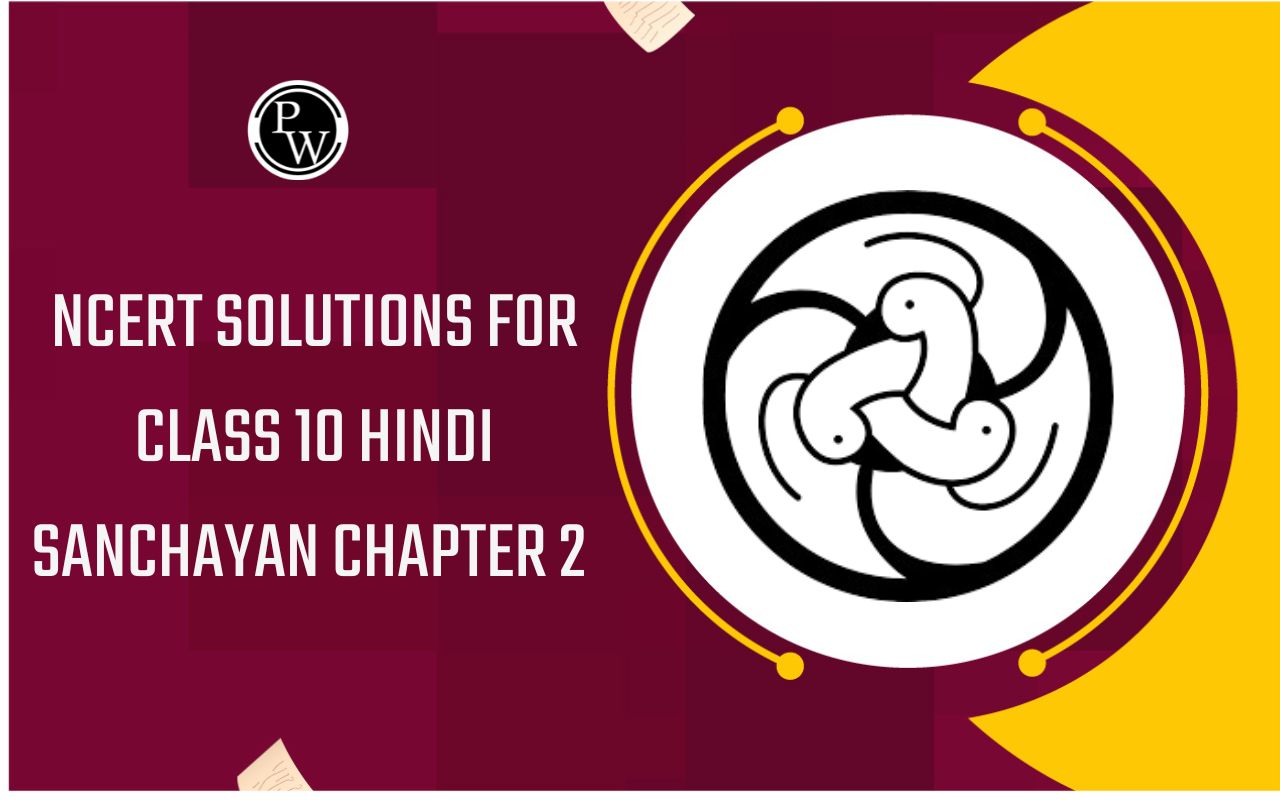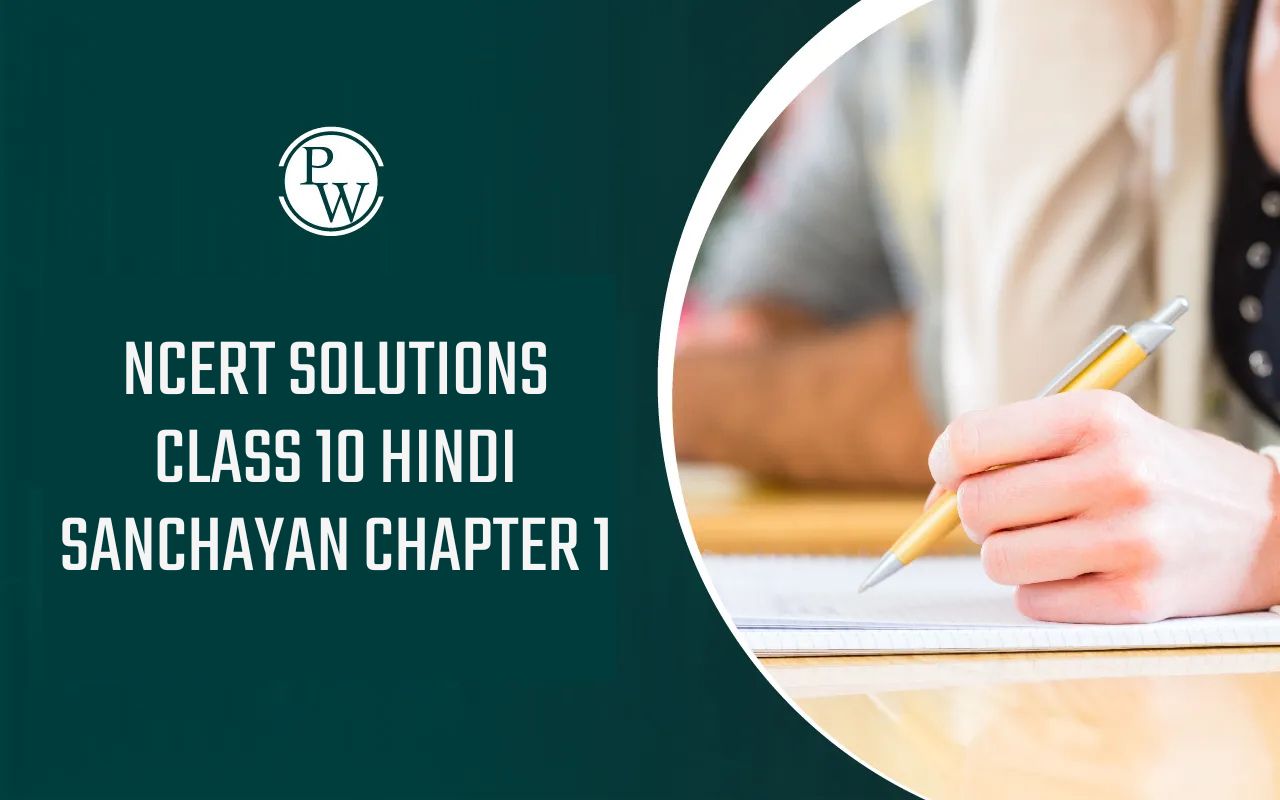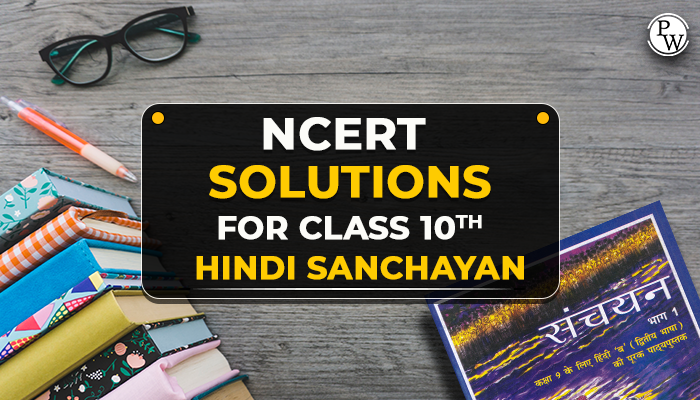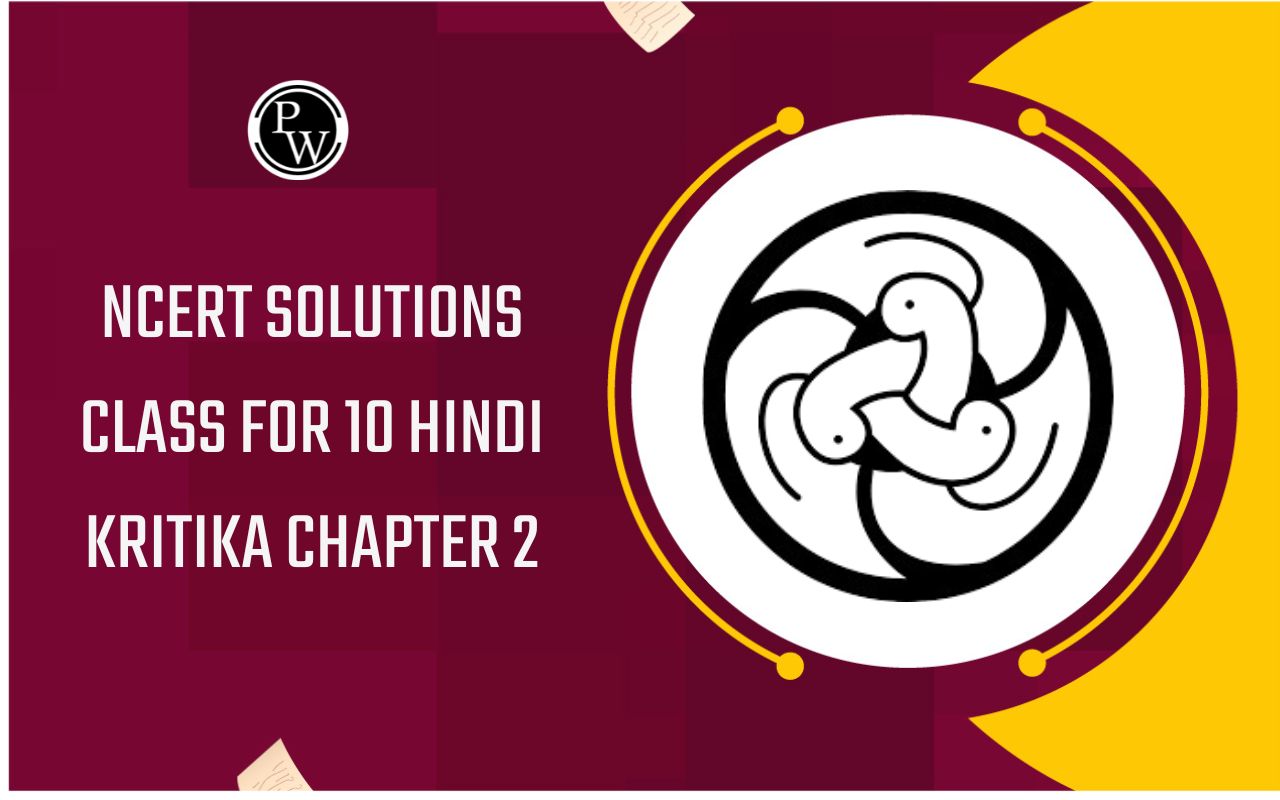
NCERT Solutions for class 8 Civics (Political Science) Chapter-2
Jun 16, 2020, 16:45 IST
NCERT Solutions for Class 8 Civics Chapter 2: Understanding Secularism
This Page consist of NCERT Solutions for Class 8 Civics Chapter 2: Understanding Secularism all questions are explained in detail. Refer our NCERT solutions to score good marks in class 8. Do follow NCERT Solutions for class 8 Maths and NCERT solutions for class 8 Science prepared by Expert Teacher.
NCERT TEXTBOOK QUESTIONS
Q.1. List the different types of religious practices that you find in your neighbourhood. This could be different forms of prayer, worship of different gods, sacred sites, different kinds of religious music and singing, etc. Does this indicate freedom of religious practices?
Ans. The different types of practices that we find in our neighbourhood are:
a. Going to temples and Gurudwaras.
b. Performing yajna.
c. Satsang. (Reciting Hymns).
d. Reading Namaaz (Muslim prayers).
e. Worshipping idols.
f. Saying prayers.
g. Reading epics.
All these things indicate that India is a secular country and the Constitution of India grants religious freedom and equality. State does not promote any religion. Everybody is free to worship any god in any manner he or she likes.
Q.2. Will the government intervene if some religious group says that their religion allow them to practice infanticide? Give reasons for your answer.
Ans. Yes the government will intervene if some religious group says that their religion allow then to practice infanticide. We can give the following reasons for our answer:
a. No religion of the world allows anyone the murder of an infant. All the religions promote non-violence.
b. System of sacrifice ws promoted by superstitions and selfish religious leaders in ancient or medieval times. No righteous man will support it.
Q.3. Complete the following table:
|
Objective |
Why is this important? |
Example of a violation of this objective |
|
a) One religious community does not dominate another. b) The state does not enforce any particular religion nor take away the religious freedom of individuals. c) That some members do not dominate other members of the same religious community. |
|
|
Ans.
a. One religious community does not dominate another because everyone should honour country’s constitution which grants right to equality and right to freedom to all. Religious equality is important because it promotes brotherhood, harmony and mutual co-operation.
Example: In the United States of America most children in the government schools have to begin their school day by reciting the ‘Pledge of Allegiance’. This pledge includes the word ’under God’.
b. This is important for secular state. The constitution provides the religious freedom as a fundamental right. Human rights also favour religious freedom.
Example: In an Islamic country such as Saudi Arabia religious freedom is not provided.
c. It is important to establish equality among the people of different cast and economic-social status of the same religious community.
Example: Before India became Republic, the upper caste Hindus believed in untouchability. The people of so-called lower castes were discriminated on the basis of the caste.
Q.4. Look up the annual calendar of holidays of your school. How many of them pertain to different religious? What does this indicate?
Ans. List of Holidays (in calendar year of 2015)
January 13 th Lohri
January 14 th Pongal/ Makar Sankranti
January 15 th Guru Gobind Singh Jayanti
January 25 th Milad-Al-Nabi (Prophet Muhammad’s Birthday)
January 26 th Republic Day
February 15 th Vasant Panchami
February 19 th Chhatra Pati Shivaji Maharaj Jayanti
February 25 th Guru Ravi Dass Jayanti
March 10 th Maha Shivratri
March 27 th Holi
March 29 th Good Friday
And so on.
Holidays related with Hindus:
a) Lohri b) Pongal or Makar Sankranti c) Vasant Panchami d) Ravi Dass Jayanti e) Shivratri f) Holi g) Dulendi h) Ugadi i) Ram Navami j) Baisakhi k) Raksha Bandhan l) Krishna Janmashtami m) Ganesh Chaturthi n) Anant Chaudas o) Dusshera p) Valmiki Jayanti q) Diwali r) Govardhan Pooja s) Bhaiya Dooj.
Holidays pertain to Islam or Muslims:
a. Id-ul-Zuha
b. Moharram
c. Milad-ul-Nabi
d. Id-ul-fitr
Holidays pertaining to Christians:
a. Good Friday
b. Christmas Day
Holidays pertaining to Sikhs:
a. Lohri
b. Baisakhi
c. Guru Nanak Birthday
Holidays pertaining to Buddhism:
Buddha Purnima
Holidays pertaining to Jainism:
Mahavir Jayanti
The above list of holidays indicates that:
India is a land of religious diversities. It is a land of festivals, celebrations and carnivals. Being a secular country everybody is free to follow own religion.
Despite all diversities many festivals are celebrated by people of more than one religion. It indicates “Unity in Diversity” in India.
Q.5. Find out some examples of different views with in the same religion.
Ans.
a. Pongal is celebrated by the Hindus in South India while Makar Sankranti is celebrated by the Hindus in North India.
b. Holi is celebrated by all section of Hindus and even by some Sikhs.
c. Shivratri is mainly celebrated by the followers of Lord Shiva.
d. Ram Navami is celebrated by the followers of Lord Rama.
e. Ravi Dass Jayanti and Ambedkar Jayanti are mainly celebrated by the Dalits throughout India.
f. In the Hindu religion some people are in favour of the caste system while there are others who oppose it.
Q.6. The Indian state both keeps away from religion as well as intervenes in religion. This idea can be quite confusing. Discuss this once again in class using examples from the chapter as well as those that you might have come up with.
Ans. Non-interference in religion by the Indian State: Following examples make it clear that Indian State keeps away from interfering in religion:
i. This India State has not religion of its own.
ii. It does not allow any government institution to display anything which promotes any religion.
iii. It does not allow any government schools to promote any religion in their programs or functions.
i v. In the Indian State no religious community dominates the others.
All this has been done to promote true secularism in India.
Interference in Religion: In order to see that all the citizens enjoy the freedom enshrined in the Fundamental Right of Equality, the Indian State has sometimes to interfere in religion, for example:
i. The state has banned untouchability in order to end the age-old religious exclusion and discrimination against lower castes.
ii. Wearing of turban is essential to the Sikh religion, so the Sikhs have been permitted not to wear helmet as asked by the law.
iii. Some seats have been reserved for the Scheduled Castes and the Schedule Tribes in government services and educational institutions.
iv. This has been done to do away with injustice done in the social and religious fields.
v. The Indian state also interferes in the shape of support. For example, the minority communities are given financial support to set up their own schools and colleges.
Q.7. This poster alongside highlights the need for ‘Peace’. It says “peace is a never ending process. It cannot ignore our differences or overlook our common interests.” Write in your own words what you think the above sentences are trying to convey? How does it relate to the need for religious tolerance?
This chapter had three drawings on religious tolerance made by students of your age. Your own poster on religious tolerance for your peers.
Ans. Peace is loved by all. All religious preach peace, non-violence, humanity and brotherhood. Peace is needed for everyone-for the sake of security, property protection and for living with honour.
‘Peace’ is a human phenomenon which is for the protection of all. Terrorism is to be condemned by all of us.
A picture can be drawn showing the celebration of some festivals like Diwali, Holi, Dussehra, being celebrated together by people of more than one religion.
INTEXT QUESTIONS
Page 20
Q.1. Discuss in class: Can there be
different views within the same
religion?
Ans. Different views are followed even within the same religion.
Examples:
(i)In the Hindu religion we have hundreds of deities worshipped by different people.
(ii)Similarly, in Muslim community there are Shiyas and Shunnis.
(iii)In Jainas, there are Shwetambar and Digambar sects.
(iv)In Bauddha Dharma, there are Hinayaans and Mahayaans.
Page 25
Q.1. Can you think of a recent
incident, from any part of
India, in which the secular
ideals of the Constitution
were violated and persons
were persecuted and killed
because of their religious
backgrounds?
Ans. Banning the beef by Indian government is the best example where the secular ideals of the constitution were violated the government should not have been imposed the law on beef as it violates the religion of Muslims rather it should be decided by the people are whether they should eat or not because the government cannot decide what to eat and what to not After imposing the law,so many people were killed because they were carrying beef and many had to pay penalty.
Find below free pdf NCERT Solutions for Class 8 Civics Chapter 2: Understanding Secularism


